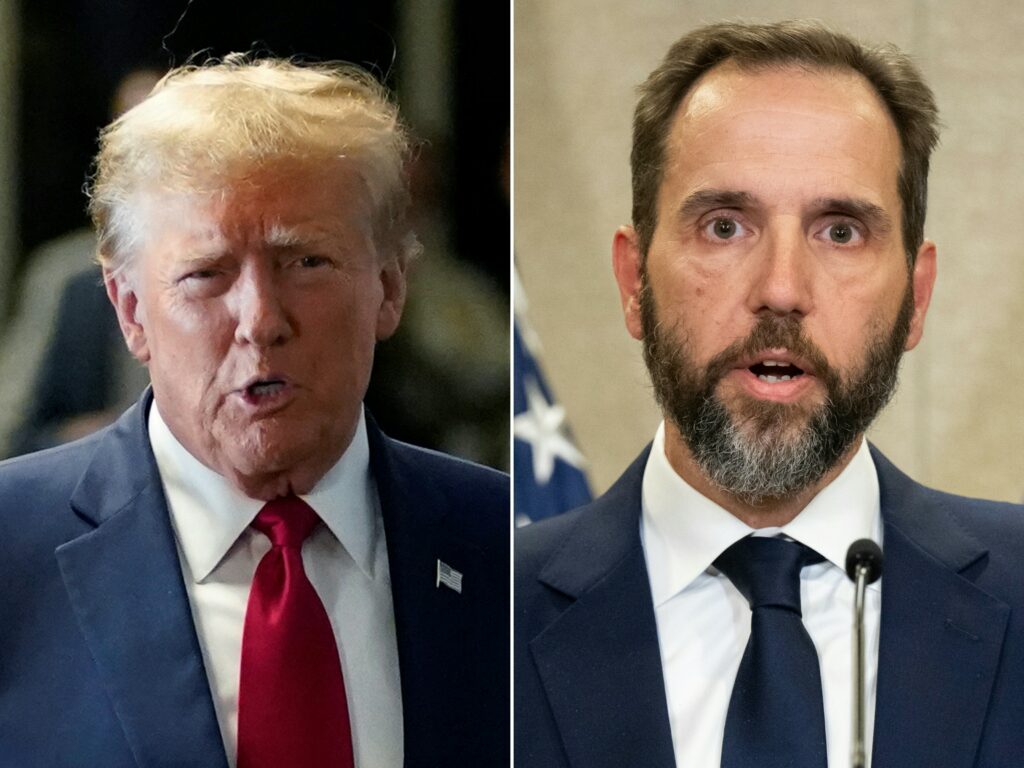Hundreds of thousands of young faithful feted Pope Leo XIV like a rock star Saturday at an open-air prayer vigil outside Rome, after the head of the Catholic Church made a dramatic entrance by helicopter.Pilgrims began crying and cheering when the white military helicopter descended over the sprawling, open-air site in Rome’s eastern outskirts;Organisers said as more than 800,000 young pilgrims from 146 countries around the world had assembled there as part of a “Jubilee of Youth” — and perhaps as many as a million.Smiling broadly from his popemobile, the first American pope waved to throngs of young, screaming pilgrims lining his route, many of them running for a better vantage point.They had already spent the day in the hot sun listening to music, praying and talking with fellow Catholics.”The pope is here!” announced an excited voice over the public address, to thunderous applause and cheers from the crowd.But the tenor of the event soon became more solemn and contemplative as the pope took to the stage, carrying a large wood cross. “Dear young people, after walking, praying and sharing these days of grace of the Jubilee dedicated to you, we now gather together in the light of the advancing evening to keep vigil together,” Leo, 69, told them.- A Catholic ‘Woodstock’-In the crowd was French pilgrim Julie Mortier, 18, whose voice was hoarse from singing and screaming for hours.”We’re too happy to be here! Seeing the pope, that’s a once-in-a-lifetime opportunity!” she croaked happily to AFP. Event organisers said people had continued to arrive during the vigil and that it was possible that attendance numbers had reached one million. Most pilgrims said they would camp overnight for a Sunday morning mass at the site led by Leo. That will mark the culmination of the week-long youth pilgrimage, a key event in the Catholic Church’s Jubilee holy year.Some in the crowd were so far away, they could not see the massive stage with a golden arch and towering cross that dominated the vast open area — which at over 500,000 square metres was the size of around 70 football fields.”I’m so happy to be here, even if I’m a bit far from the pope. I knew what to expect!” British student Andy Hewellyn told AFP.”The main thing is that we’re all together,” he said ahead of the pope’s appearance, as other young people nearby played guitars, sang, or snoozed in the sun.Italian broadcaster Rai dubbed the event a Catholic “Woodstock”, as throughout the day nearly two dozen musical and dance groups, many of them religious, entertained the crowds, who lounged among blankets, cushions and umbrellas.In a video message, Italian Prime Minister Giorgia Meloni welcomed pilgrims to the capital, who were “praying, singing, joking amongst themselves, celebrating in an extraordinary party”.- Water and suncream -The “Jubilee of Youth”, which began Monday, comes nearly three months after the start of Leo’s papacy, and 25 years after the last such massive youth gathering in Rome under Poland’s Pope John Paul II.Early Saturday, countless groups of young people set off from central Rome for the venue in Tor Vergata after filling water bottles, applying suncream and adjusting backpacks.They were ready to spend the next 24 hours surrounded by a crowd of people and then sleep under the stars.Victoria Perez, who carried a Spanish flag, could not contain her excitement at seeing “the pope up close”.”It’s the first time I’m going to see him, and I can’t wait,” the 21-year-old told AFP, looking forward to a “night of prayers under the stars”. French pilgrim Quentin Remaury, 26, said he had been inspired by the late pope Francis’s rousing message to youth during a 2016 visit to Krakow, Poland. “Pope Francis told us to ‘get off your couches,’ and that really gave me a boost,” he said. – Open-air confessional – Throughout the week, attendees have participated in Church-planned events, such as confession at Circus Maximus, one of Rome’s top tourist spots.On Friday, approximately 1,000 priests were on hand, with 200 white gazebos serving as makeshift confessionals lining the hippodrome where chariot races were once held in Ancient Rome.The pilgrimage unfolds as under-30s navigate economic uncertainty, climate change, and ongoing international conflict, with some pilgrims travelling from war-torn areas like Syria and Ukraine. Samarei Semos, 29, who said she had travelled three days from her native Belize to get to Rome, said she hoped Leo would have a strong say about “third world countries”. The Vatican said that before the vigil the pope had met and prayed with travellers accompanying an 18-year-old Egyptian pilgrim who died Friday night. Rai News reported that the young woman had died of a heart attack on a bus while returning to her lodging from an event in Rome.Amid tight security, more than 4,300 volunteers and over 1,000 police are watching over the vigil, organisers said.









